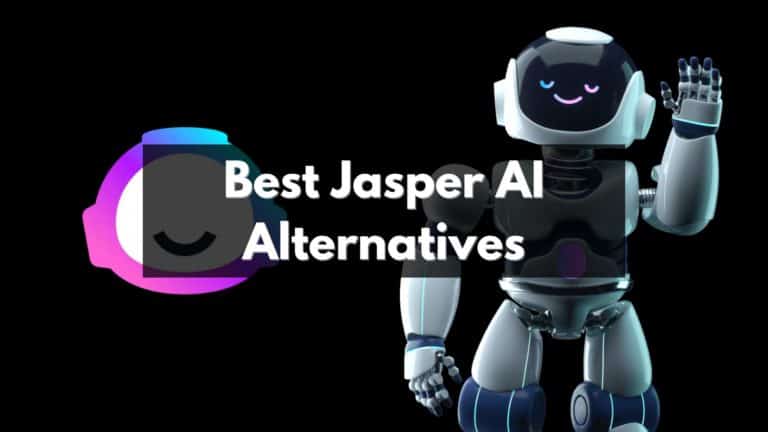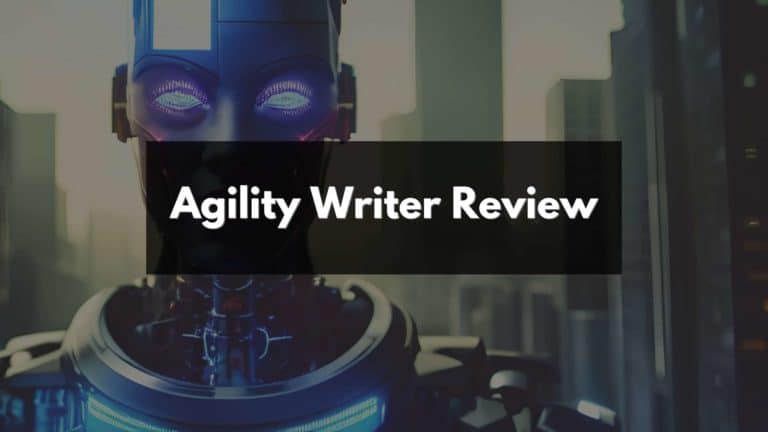Can GrowthBar Pass Turnitin Detection?
Are you a writer curious about whether GrowthBar, the AI writing tool, can bypass Turnitin’s plagiarism checks? Here’s a fascinating fact: GrowthBar asserts its content cannot be flagged as plagiarism by such detectors.
Our blog will dissect both sides of this claim and shed light on how they work, potentially helping you navigate these tools more efficiently. So let’s dive into this intriguing world of AI and plagiarism detection!
Key Takeaways
- GrowthBar asserts that it lacks a plagiarism detection feature, potentially allowing its content to bypass Turnitin’s advanced detection system.
- The use of AI writing tools like GrowthBar raises concerns about academic integrity and the potential consequences for students who rely on them.
- Turnitin utilizes advanced AI technology to analyze and detect AI-generated or AI-assisted writing, ensuring the authenticity and originality of content.
What is GrowthBar and What Does It Claim?
GrowthBar is an AI content generation tool that claims to have no plagiarism detection feature.
GrowthBar’s claim of no plagiarism detection feature
GrowthBar, a renowned AI writing tool in the marketplace, confidently asserts that it lacks a plagiarism detection feature. This implies that content crafted by GrowthBar has the potential to bypass Turnitin’s advanced detection system undetected.
The assertion hinges on the premise that their uniquely generated content does not mirror any pre-existing online materials verbatim, thus successfully avoiding flags for plagiarized content.
However, this should not be misconstrued as an encouragement to misuse in academic scenarios as it can lead to severe consequences if deemed inappropriate or dishonest by educators and institutions.
The Impact of GrowthBar on Academic Integrity
The use of AI writing tools like GrowthBar raises concerns about academic integrity and the potential consequences for students. However, it is crucial to consider the ethical considerations surrounding such content generation tools.
Read on to learn more!
Controversies surrounding the use of AI writing tools
AI writing tools have sparked controversies in academic settings due to their potential impact on academic integrity. The use of these tools, such as GrowthBar, raises concerns about the ethical implications of AI-generated content and the consequences for students who rely on them.
Additionally, there are debates about whether AI writing tools can bypass plagiarism checks like Turnitin. While some claim that these tools can pass detection by rewriting or paraphrasing content, others argue that Turnitin’s AI detection technology is capable of identifying AI-generated content, including that generated by ChatGPT.
These controversies highlight the need for careful consideration when using AI writing tools and maintaining academic integrity in educational environments.
Potential consequences for students using GrowthBar in academic settings
Using GrowthBar in academic settings can have serious consequences for students. While the tool claims to bypass plagiarism detection, it’s important to consider the ethical implications of relying on AI-generated content.
Turnitin, a leading anti-plagiarism software, has developed technology that can detect AI-generated content, including that created by ChatGPT. Students who use GrowthBar and submit AI-generated work risk being flagged for academic misconduct and facing severe penalties such as failing grades or even expulsion.
It is crucial for students to prioritize academic integrity and avoid using tools like GrowthBar that promote unethical practices in their pursuit of success.
Ethical considerations in AI content generation tools
Ethical considerations play a significant role in the use of AI content generation tools. These tools have the potential to generate large amounts of content quickly, making it easier for writers to create articles, essays, and other written materials.
However, there are concerns about the originality and authenticity of this AI-generated content. When using these tools, writers need to consider whether their use is ethical and whether they align with principles of academic integrity.
Additionally, there is a need to address issues such as plagiarism detection and ensuring that AI-generated content does not bypass anti-plagiarism checks like Turnitin. This raises questions about responsibility and accountability in using AI technology for content creation while maintaining high ethical standards in writing practices.
Turnitin’s Capability to Detect AI-Generated and AI-Assisted Writing
Turnitin utilizes advanced AI technology to analyze and detect AI-generated or AI-assisted writing, ensuring the authenticity and originality of content.
How Turnitin’s AI technology works
Turnitin’s AI technology is designed to detect plagiarism and identify AI-generated content. It uses sophisticated algorithms to analyze text similarity and check for originality. Turnitin’s system compares submitted content against a vast database of sources, including academic journals, publications, and websites.
By scrutinizing the structure, language patterns, and vocabulary of the text, Turnitin can pinpoint instances of potential plagiarism or content that has been generated with the help of AI tools like ChatGPT.
The aim is to ensure academic integrity by preventing students from bypassing plagiarism checks using AI writing software. With its advanced detection capabilities, Turnitin plays a crucial role in upholding strict standards for content authenticity and deterring academic misconduct.
What Turnitin can detect
Turnitin’s AI technology is capable of detecting various types of content, including AI-generated content. It can detect text similarity, check for originality, and identify potential cases of plagiarism. Turnitin’s detection algorithms are designed to analyze the authenticity of content and prevent academic misconduct. Users need to subscribe to Turnitin in order to access its AI detection capabilities. The software is effective in detecting AI-generated content and has the ability to identify content generated by ChatGPT, a popular AI model. There are tools available that can assist in rewriting content to avoid detection by Turnitin’s AI technology.
Conclusion
In conclusion, GrowthBar’s claim of bypassing Turnitin’s detection system is highly debated. While GrowthBar suggests its content can’t be flagged by Turnitin, it is important to consider the potential consequences for academic integrity and ethical considerations surrounding AI writing tools.
Turnitin has developed advanced technology to detect AI-generated content, making it challenging for any tool to completely avoid detection.
FAQs
1. Can GrowthBar pass Turnitin detection?
Yes, GrowthBar is designed to help you create original content that can pass Turnitin detection by providing accurate data and insights for your writing process.
2. How does GrowthBar ensure originality in my writing?
GrowthBar provides a range of features such as keyword research, backlink analysis, and competitor analysis, which help you generate unique ideas and perspectives for your writing.
3. Is using GrowthBar considered cheating or plagiarizing?
No, using GrowthBar is not considered cheating or plagiarizing. It provides data-driven insights to enhance your own creativity and improve the quality of your content while maintaining ethical standards.
4. Can I trust the accuracy of the information provided by GrowthBar?
Yes, you can trust the accuracy of the information provided by GrowthBar as it sources its data from reputable databases and trusted industry sources to ensure reliable results for better writing outcomes.





